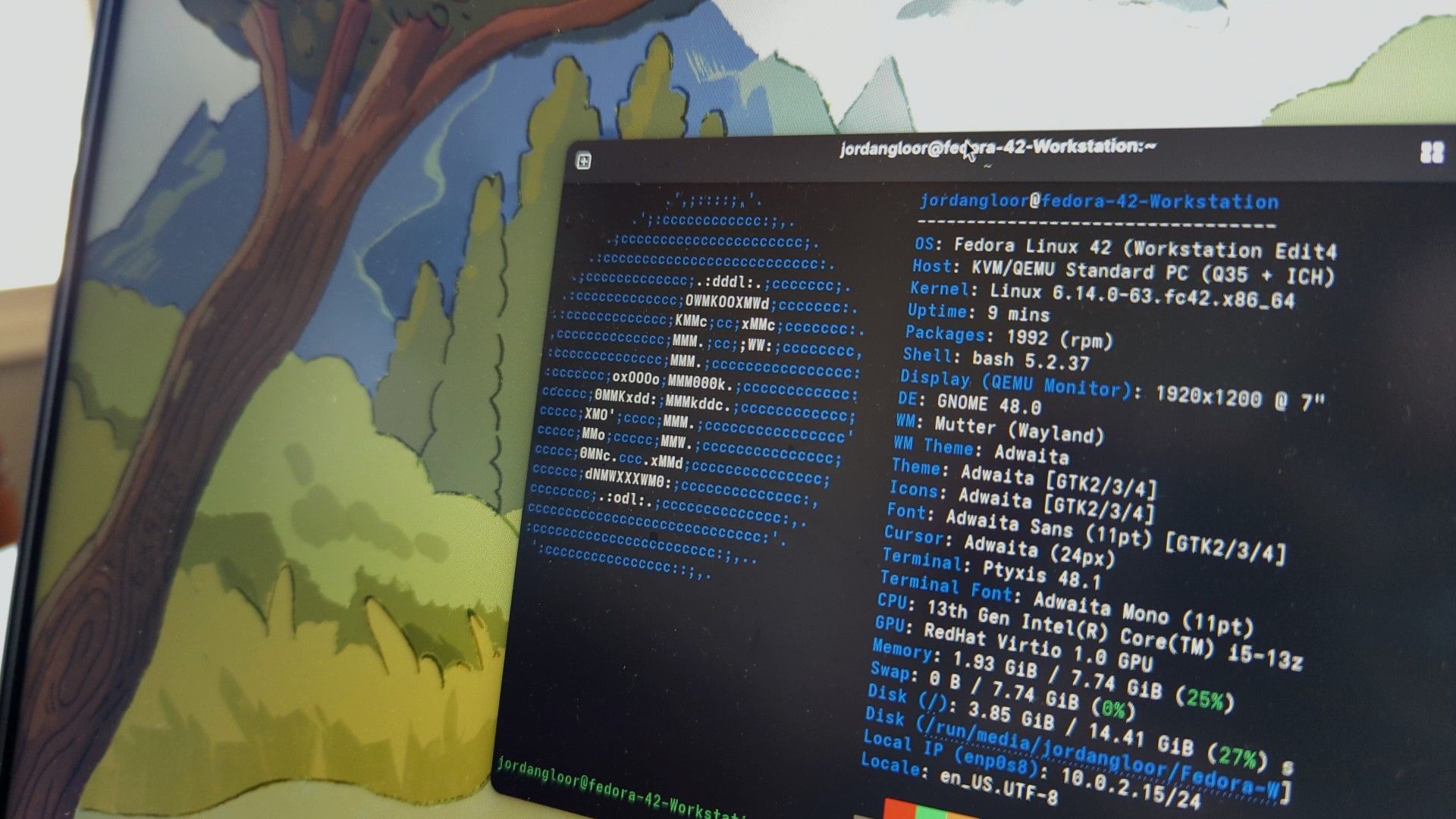A proposal to drop all support for 32-bit software in the distant Fedora 44 release has been withdrawn after backlash from the community. If you have critical 32-bit software running on a Fedora instance, you can rest assured an upgrade to version 44 won't disrupt your experience, at least not for that reason.
Going by pure numbers, the change would affect a relatively small contingent of software repositories. However, one entry in that small number is pretty big: Valve's Steam platform—no small player in the Linux gaming world, let alone the larger PC gaming market itself.
That led to speculation that gaming-centric, Fedora-based Linux distros like Bazzite would meet an untimely end, among other complaints. That would have been a disappointment for me, as I've just installed Bazzite on a PC of mine, and have enjoyed using the SteamOS-like distribution. A few other recognizable names like OBS Studio would also get caught up in the mix.

5 Reasons to Replace SteamOS With Bazzite (& 3 Reasons Not To)
From Arch and KDE Plasma to Fedora and GNOME.
To be clear, I'm not talking about a version of Fedora Linux that supports 32-bit architectures. Fedora has not offered a bootable 32-bit image in years. That disappeared with Fedora 31 all the way back in 2019. What I'm discussing is support for 32-bit software packages, which can be run on 64-bit devices given proper support. That support is what the developers were proposing to stop. The intent was to relieve the burden on developers and other people in Fedora infrastructure, since maintenance gets more difficult with time, and the 32-bit packages themselves take up space in repositories.
It sounds like those folks will get no such relief, though, as the proposal has been withdrawn. Fabio Valentini, one of the proposal authors, said this in the withdrawal announcement, acknowledging the timing wasn't right:
It is clear that the Fedora 44 target for this Change was too early. To some degree, I expected this to be the case, and was prepared to move the proposed implementation of the Change to a later release. Fedora 44 was just the earliest “reasonable” target.
Valentini went on to reiterate that the problem will have to be resolved at some point. He also remarked on the tension in Fedora's goal of being a cutting-edge operating system and a general obligation to still cater to folks who rely on aging software. Until the people developing that software make the push themselves to create 64-bit versions of their apps, the tension is going to continue.
Technically, if a distro like Fedora dropped i686 software support, you could still get some of the missing software on the operating system in a containerized form like Flatpak. Those containers come with their own limits, though, so 32-bit libraries look like they're going to continue to be necessary on major distros, for better or worse.
Source: Phoronix




